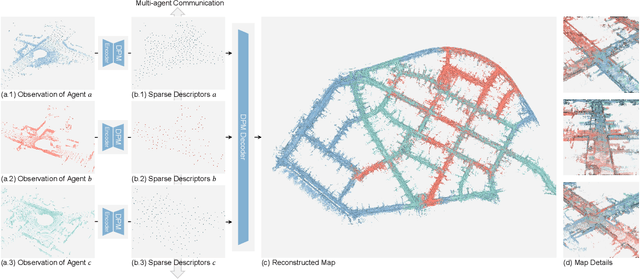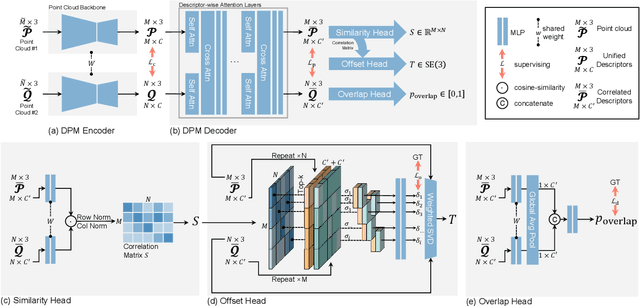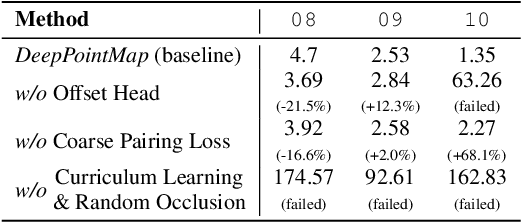Qi Jing
SP2RINT: Spatially-Decoupled Physics-Inspired Progressive Inverse Optimization for Scalable, PDE-Constrained Meta-Optical Neural Network Training
May 23, 2025Abstract:DONNs harness the physics of light propagation for efficient analog computation, with applications in AI and signal processing. Advances in nanophotonic fabrication and metasurface-based wavefront engineering have opened new pathways to realize high-capacity DONNs across various spectral regimes. Training such DONN systems to determine the metasurface structures remains challenging. Heuristic methods are fast but oversimplify metasurfaces modulation, often resulting in physically unrealizable designs and significant performance degradation. Simulation-in-the-loop training methods directly optimize a physically implementable metasurface using adjoint methods during end-to-end DONN training, but are inherently computationally prohibitive and unscalable.To address these limitations, we propose SP2RINT, a spatially decoupled, progressive training framework that formulates DONN training as a PDE-constrained learning problem. Metasurface responses are first relaxed into freely trainable transfer matrices with a banded structure. We then progressively enforce physical constraints by alternating between transfer matrix training and adjoint-based inverse design, avoiding per-iteration PDE solves while ensuring final physical realizability. To further reduce runtime, we introduce a physics-inspired, spatially decoupled inverse design strategy based on the natural locality of field interactions. This approach partitions the metasurface into independently solvable patches, enabling scalable and parallel inverse design with system-level calibration. Evaluated across diverse DONN training tasks, SP2RINT achieves digital-comparable accuracy while being 1825 times faster than simulation-in-the-loop approaches. By bridging the gap between abstract DONN models and implementable photonic hardware, SP2RINT enables scalable, high-performance training of physically realizable meta-optical neural systems.
DeepPointMap: Advancing LiDAR SLAM with Unified Neural Descriptors
Dec 05, 2023



Abstract:Point clouds have shown significant potential in various domains, including Simultaneous Localization and Mapping (SLAM). However, existing approaches either rely on dense point clouds to achieve high localization accuracy or use generalized descriptors to reduce map size. Unfortunately, these two aspects seem to conflict with each other. To address this limitation, we propose a unified architecture, DeepPointMap, achieving excellent preference on both aspects. We utilize neural network to extract highly representative and sparse neural descriptors from point clouds, enabling memory-efficient map representation and accurate multi-scale localization tasks (e.g., odometry and loop-closure). Moreover, we showcase the versatility of our framework by extending it to more challenging multi-agent collaborative SLAM. The promising results obtained in these scenarios further emphasize the effectiveness and potential of our approach.
SEdroid: A Robust Android Malware Detector using Selective Ensemble Learning
Sep 06, 2019


Abstract:For the dramatic increase of Android malware and low efficiency of manual check process, deep learning methods started to be an auxiliary means for Android malware detection these years. However, these models are highly dependent on the quality of datasets, and perform unsatisfactory results when the quality of training data is not good enough. In the real world, the quality of datasets without manually check cannot be guaranteed, even Google Play may contain malicious applications, which will cause the trained model failure. To address the challenge, we propose a robust Android malware detection approach based on selective ensemble learning, trying to provide an effective solution not that limited to the quality of datasets. The proposed model utilizes genetic algorithm to help find the best combination of the component learners and improve robustness of the model. Our results show that the proposed approach achieves a more robust performance than other approaches in the same area.
 Add to Chrome
Add to Chrome Add to Firefox
Add to Firefox Add to Edge
Add to Edge